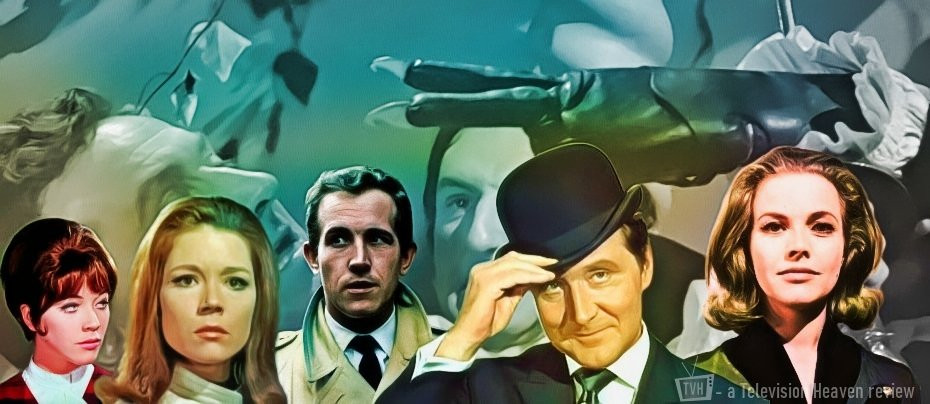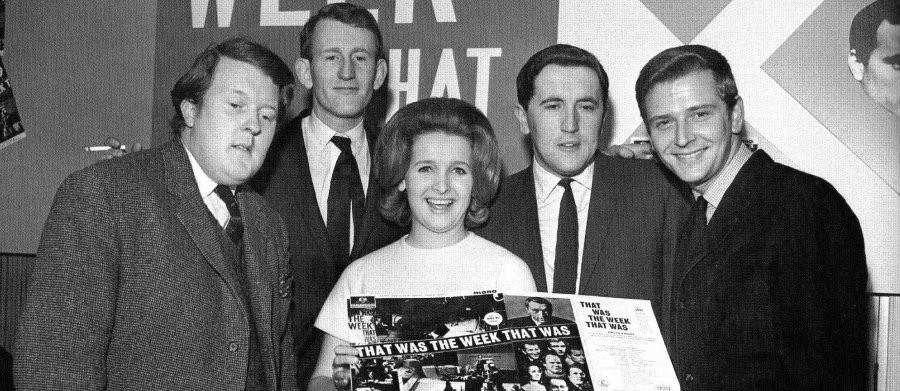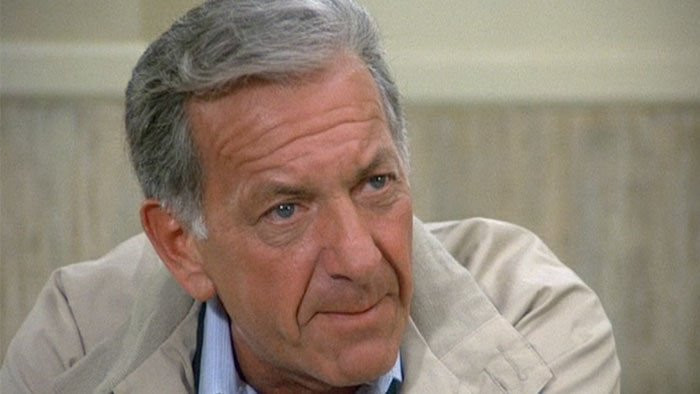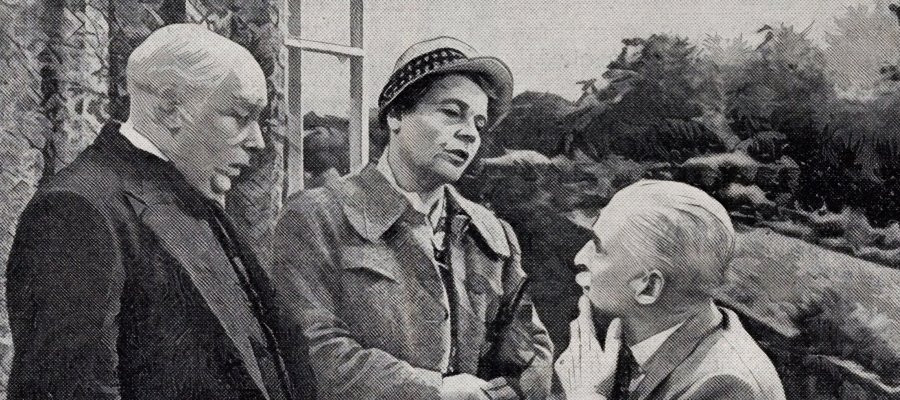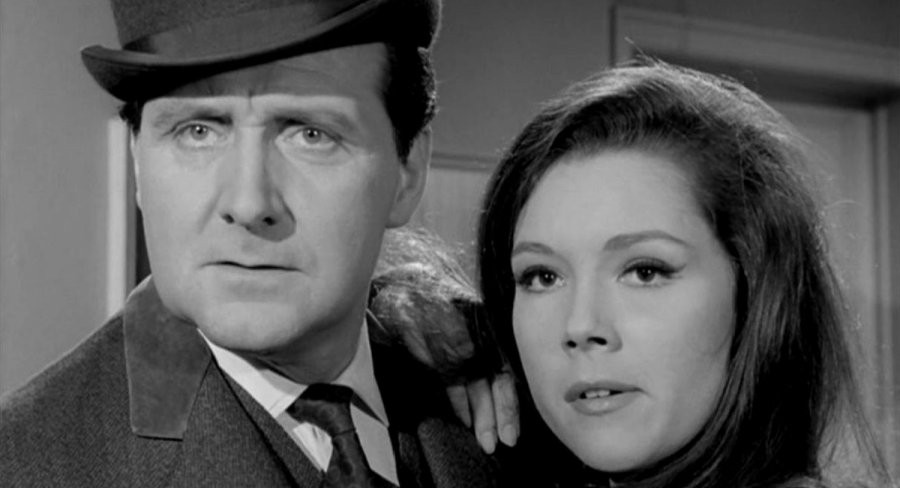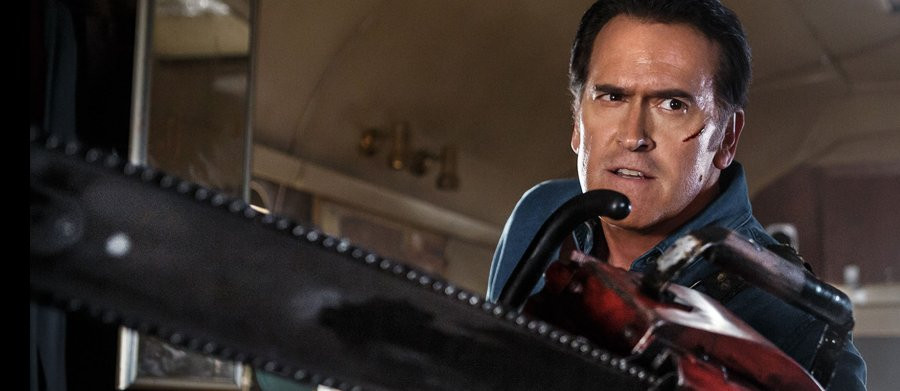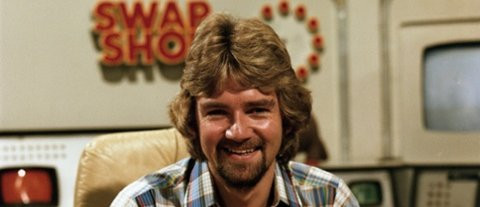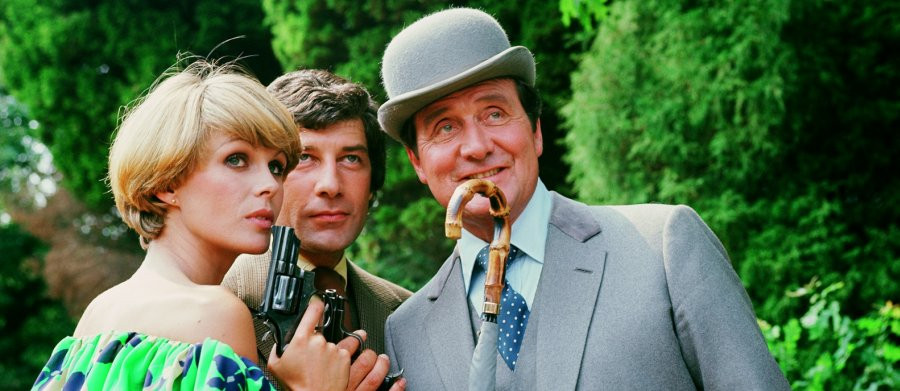
The New Avengers
1976 - United KingdomArticle by John Winterson Richards
The greatest legacy of The New Avengers is probably that it provided the breakthrough role for future Champion of the Gurkhas, Fellow of the Royal Geographical Society, probable Dame of the British Empire, and National Treasure, Joanna Lumley.
Otherwise it tends to be written off as a belated and failed attempt to recapture the glories of The Avengers, a show that helped to define the Sixties - but there was more to it than that.
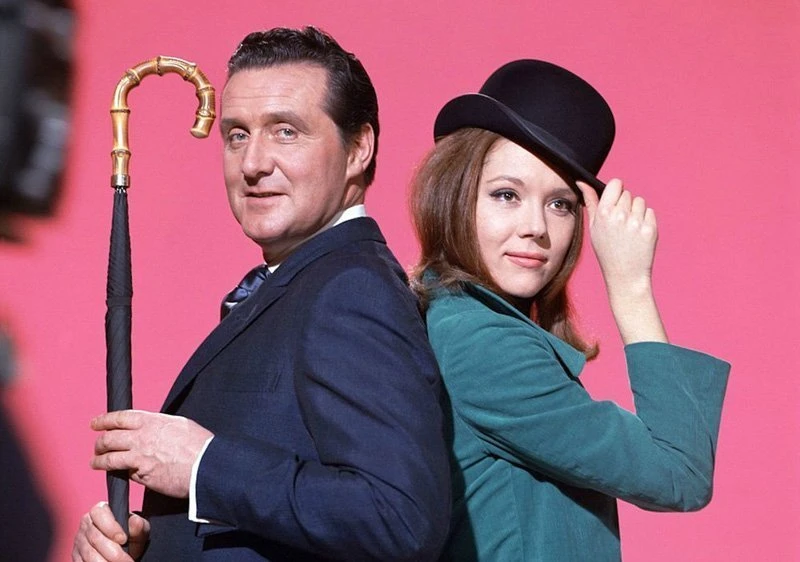
It is often forgotten that the original 'Avengers' started life as a fairly serious, downbeat thriller about a man whose wife had been murdered. It evolved very quickly into something very different, a celebration of the new culture of the Swinging Sixties, and, in turn, influenced that culture enormously. Following the successful formula then being established by the Bond movies, it was based on the gloriously absurd notion of the "superagent" - an individual of spectacular talents who lived an expensively glamorous lifestyle but still worked for a secret organisation. It is no coincidence that the Austin Powers movies reference The Avengers...a lot.
Many of the episodes of The Avengers were written by Brian Clemens, who became the acknowledged Grand Master of this type of slightly surreal, family-friendly action-adventure television drama. He also wrote episodes for, among others, The Champions,The Protectors,The Persuaders, and, later, The Professionals. Note that there is something of a pattern there.
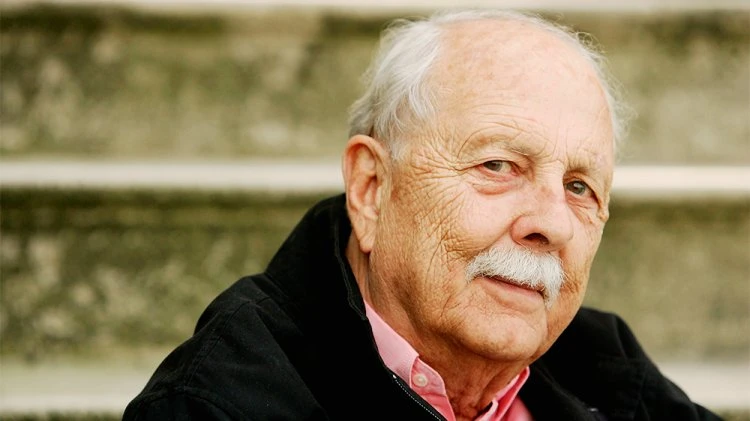
He was at the zenith of his career when he revived The Avengers six years after it ended. His immediate problem was that the star of the old series, Patrick Macnee, was now well into middle age, and looking it, so the reliance on his subtle sexual chemistry with his successive female partners which had been the making of the show in the glory years was no longer an option.
The solution was to make Macnee's character, John Steed, more of a mentor figure to a younger, more attractive pair of agents, Purdey (played by the future Champion of the Gurkhas, etc.) and Gambit (Gareth Hunt), hence The New Avengers.
This dynamic never really worked. Lumley and Hunt had no chemistry, and a brief hint that Purdey had a crush on Steed was just yucky, even by Seventies standards.

Seventies standards in a broader sense were the show's nemesis. The New Avengers was essentially an attempt to revive a Sixties show in the Seventies, and in one sense it succeeded: one of the charms of rewatching it today is that it has all the cheerful, colourful, optimistic tone of the Sixties but with the improved production values of the Seventies. At the time, however, that jolly tone was jarringly out of place. The Sixties party was over and the Seventies hangover was well underway. Darkness and pessimism were back.
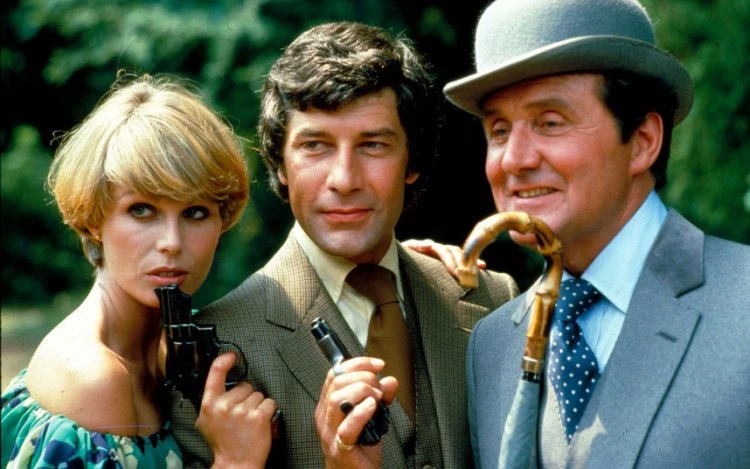
The evolution of the spy thriller genre reflected that. The BBC would soon start work on Tinker, Tailor, Soldier, Spy and Edge of Darkness would follow a few years later. There was no longer room for the childish fantasy of "superagents." Ironically, the very first episodes of The Avengers would have been closer to the prevailing zeitgeist in the late Seventies than The New Avengers was.

For all that, a lot of people watched it and enjoyed The New Avengers. It had a cultural impact, even if it was not as significant as the original's - but then it was unfair to expect that it should, because few things ever did. Lumley's "Purdey" haircut was much copied for a while and may even have influenced the young Lady Diana Spencer. The series sold well in foreign markets.
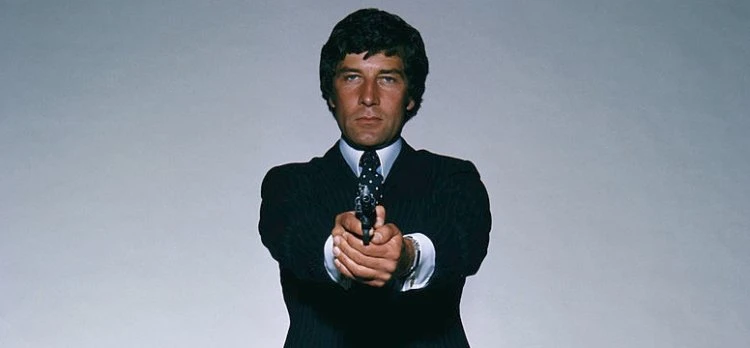
In the end, all that was not enough to make the figures add up. The New Avengers was, at least by British standards of the time, a fairly expensive show to make. In some episodes, that money is clearly visible on the screen, but others show signs of cost cutting. Some episodes set in Canada, one of the most photogenic countries in the world, look as if they were filmed mainly in half-empty office buildings - apparently they were.
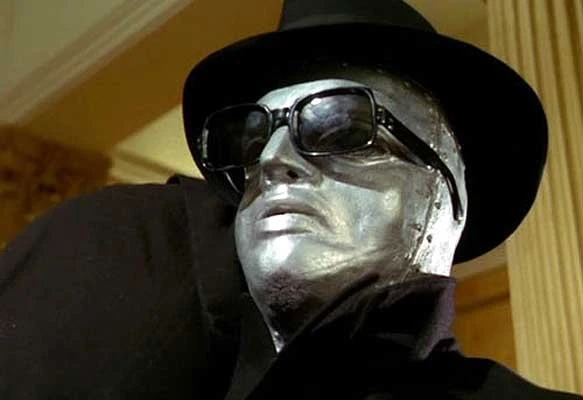
Yet, although, or perhaps because, many of the plots were derivative - sleeper agents, superassassins, biological warfare, doubles taking the places of important people, mad scientists, Hitler, cybernauts - people who watched The New Avengers when it was first shown tend to remember it well, and usually rather fondly.
Indeed, factchecking when writing this review, it is rather a shock to realise that only 26 episodes were ever made, because so many are memorable.

No, The New Avengers did not change the world, it did not reflect its times, and it did not have as much impact on popular culture as its predecessor - but it was never meant to. It was intended only as a bit of escapist fun, and, judged as such, it was a success.
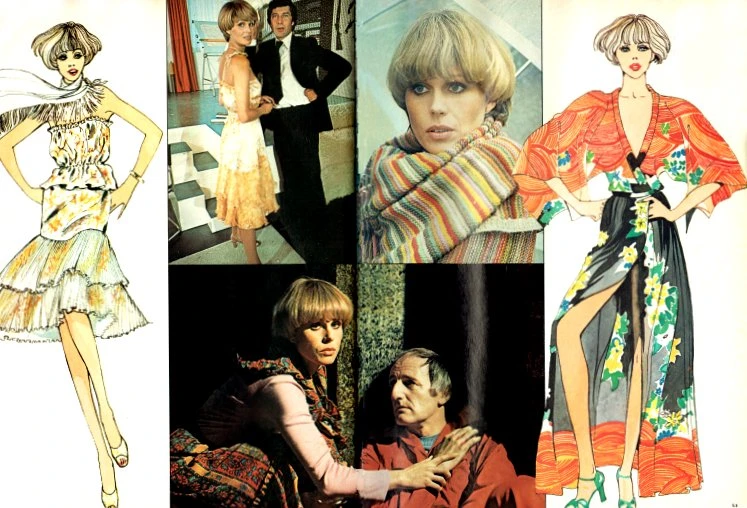
Seen this show? How do you rate it?
Seen this show? How do you rate it?
Published on October 22nd, 2019. Written by John Winterson Richards for Television Heaven.



